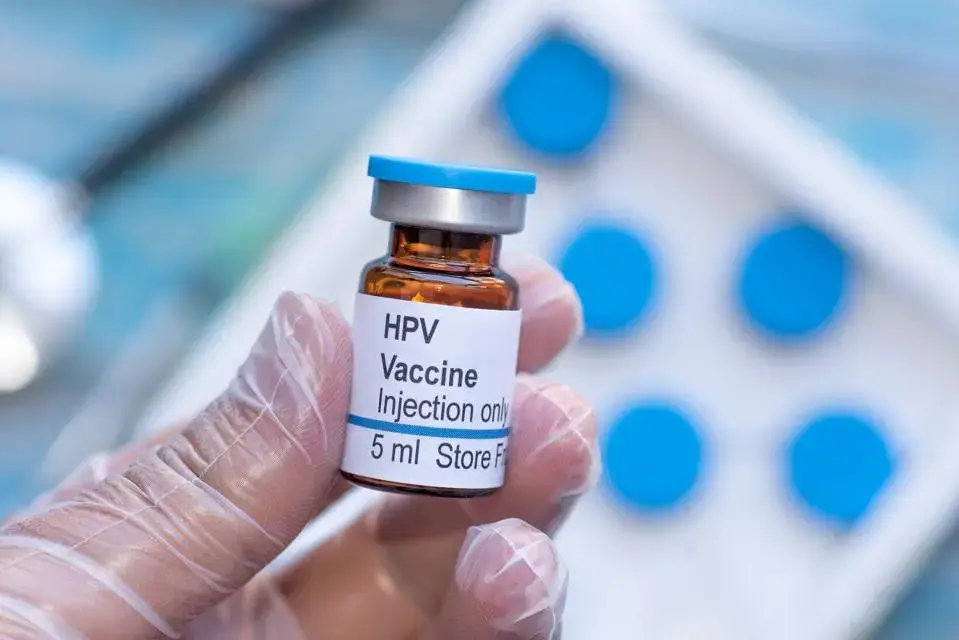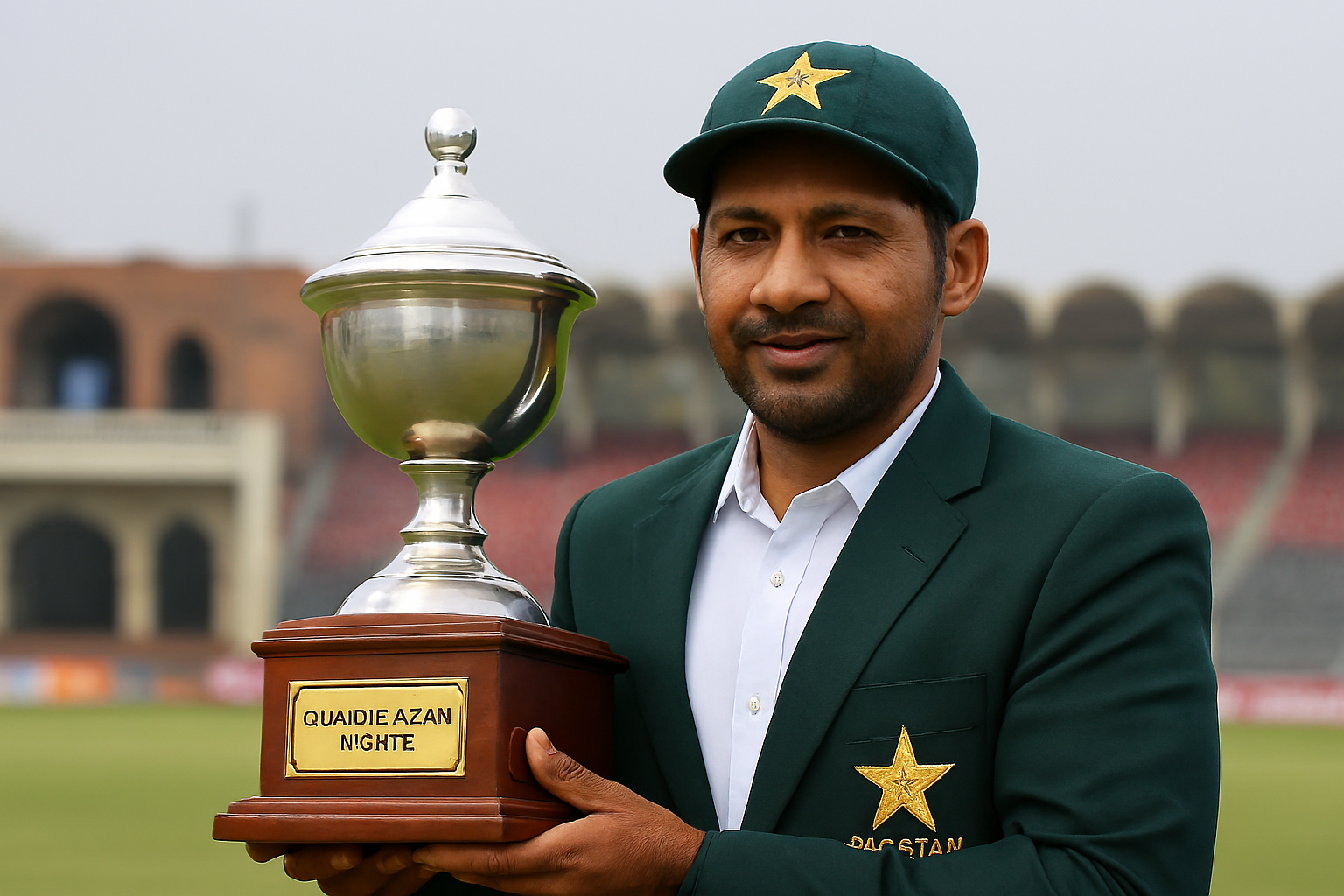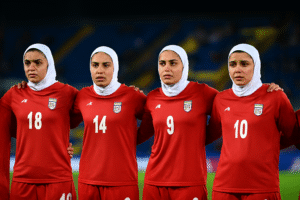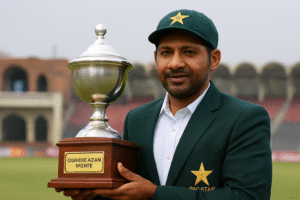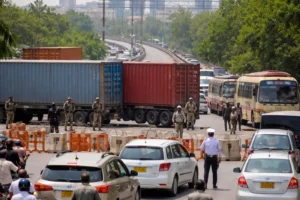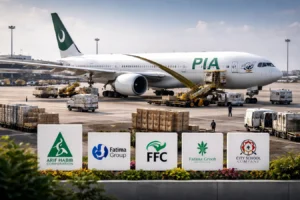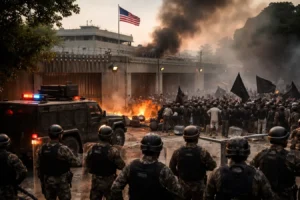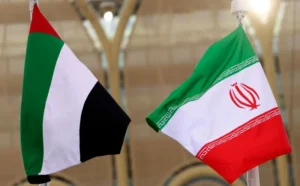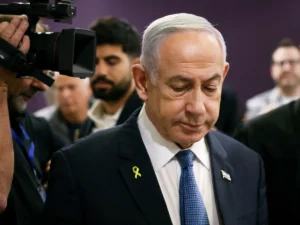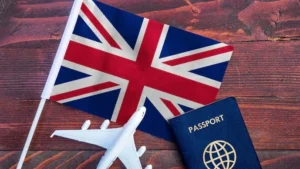![]()
Pakistan has begun its first nationwide campaign to protect girls from cervical cancer. The drive started on September 15, 2025 and will run until September 27 in Punjab, Sindh, Islamabad (Capital Territory), and Azad Kashmir.
During this campaign, about 13 million girls aged 9 to 14 are to receive a single dose of the HPV vaccine. The vaccine and syringes have been donated by Gavi, the Vaccine Alliance, at a cost of around Rs 10 billion.
The provinces and regions have received specific numbers of vaccine doses:
During this campaign, about 13 million girls aged 9 to 14 are to receive a single dose of the HPV vaccine. The vaccine and syringes have been donated by Gavi, the Vaccine Alliance, at a cost of around Rs 10 billion.
The provinces and regions have received specific numbers of vaccine doses:
- Punjab: about 8.8 million doses
- Sindh: 4 million doses
- Azad Kashmir: ~349,000 doses
- Islamabad: ~152,000 doses
Vaccination will happen in many places: girls’ schools (public and private), madrasas, fixed healthcare sites, community centres, and via mobile units to reach remote areas.
The campaign is being rolled out in phases. In 2026, Khyber Pakhtunkhwa (KP) will begin its part. In 2027, Balochistan and Gilgit-Baltistan will take part. Pakistan plans to make HPV vaccination a regular part of its immunisation programme under the Expanded Programme on Immunization (EPI).
A big effort has been made in training health workers. Over 49,000 staff (vaccinators, social mobilisers, data workers) have been trained with help from WHO. The training covers planning, safety, community engagement, record keeping, and readiness to deliver the vaccine safely.
Cervical cancer remains one of Pakistan’s major women’s health challenges. Many cases are detected too late because there is little screening, and treatments are expensive or hard to access. Vaccination offers a way to prevent most cases before they start. WHO and partners believe this campaign can make a big difference.
In summary, Pakistan’s new HPV vaccination drive is historic. It’s the first of its kind in reach and scale. By giving free vaccines to millions of young girls, and gradually covering all provinces over coming years, the government aims to reduce the burden of cervical cancer significantly. Success depends on good organisation, outreach to remote areas, and public trust.
The campaign is being rolled out in phases. In 2026, Khyber Pakhtunkhwa (KP) will begin its part. In 2027, Balochistan and Gilgit-Baltistan will take part. Pakistan plans to make HPV vaccination a regular part of its immunisation programme under the Expanded Programme on Immunization (EPI).
A big effort has been made in training health workers. Over 49,000 staff (vaccinators, social mobilisers, data workers) have been trained with help from WHO. The training covers planning, safety, community engagement, record keeping, and readiness to deliver the vaccine safely.
Cervical cancer remains one of Pakistan’s major women’s health challenges. Many cases are detected too late because there is little screening, and treatments are expensive or hard to access. Vaccination offers a way to prevent most cases before they start. WHO and partners believe this campaign can make a big difference.
In summary, Pakistan’s new HPV vaccination drive is historic. It’s the first of its kind in reach and scale. By giving free vaccines to millions of young girls, and gradually covering all provinces over coming years, the government aims to reduce the burden of cervical cancer significantly. Success depends on good organisation, outreach to remote areas, and public trust.
Recent Aricles

